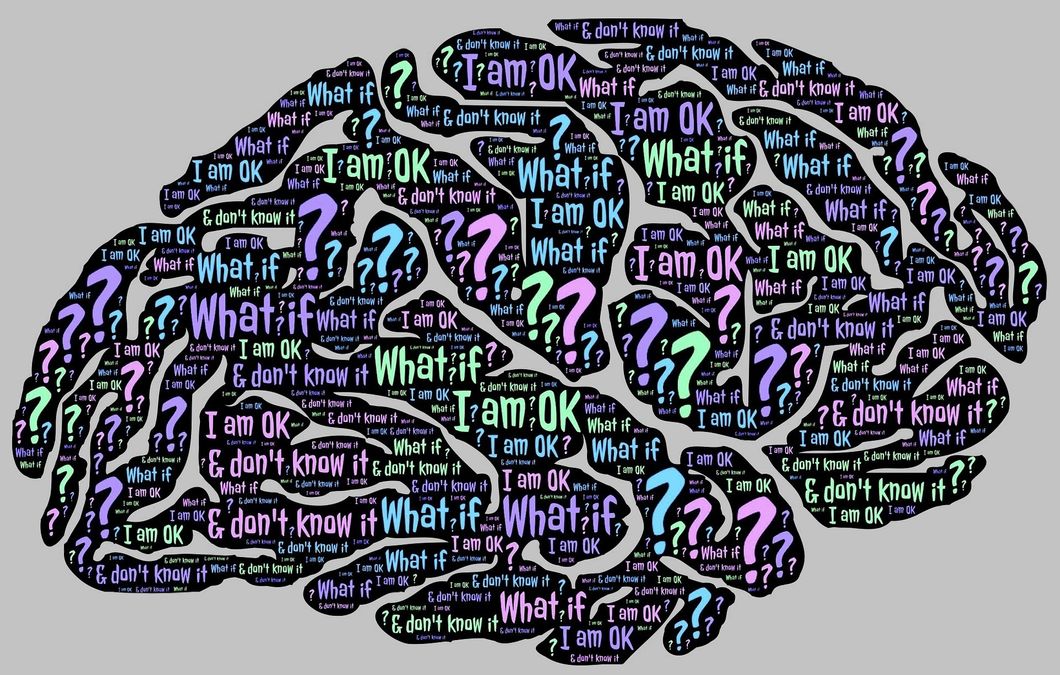According to the American Psychology Association, cognitive dissonance is, "induced when a person holds two contradictory beliefs, or when a belief is incongruent with an action that the person had chosen freely to perform." Basically, you know what you are doing or experiencing is not good, but you choose to either ignore the situation or reframe your thinking in order to avoid the truth. For example, people know that smoking causes lung cancer; however, they continue to smoke. Students know they should not procrastinate, but they put off their essay until the last minute. But, how does this affect your mental health?
By having inconsistencies between our thoughts and actions causes us to experience confusion, uneasiness, and stress. Bad habits are a comfort zone. We know our habits are not promoting our best lifestyle, but it is far easier to deny that and remain in our safe spaces. Some people may even experience cognitive dissonance about their mental health. They recognize symptoms of depression, OCD, anxiety, etc. yet choose to ignore them and not seek help. Some stay in the shadows of stigma and others simply do not know where to begin the difficult journey that is gaining control over mental illnesses. Then, the stress of knowing these sufferers are not moving forward with improving their mental health even furthers the effects of cognitive dissonance.
How do we stop living through contradictions? In order to reverse the effects of cognitive dissonance, one must completely leave their comfort zones. It comes down to two practices; either changing your beliefs or changing your actions. Let's begin with the most difficult--changing your beliefs. This requires a completely open mind and has lots of gray areas. For example, you could try and convince yourself that cheating in a relationship is not a bad thing, but this may be a contradiction to your beliefs. Even though it would reduce cognitive dissonance, it is not a positive solution.
Instead, try altering your beliefs in lieu of truth and reality. Example--someone may self-deceive when they convince themselves they perform better on tests when they study last minute despite research saying otherwise. A positive change in beliefs would be to acknowledge you are making a habit out of procrastinating, compromising good sleep, and risking a high grade and changing how you view this.
Also, a cognitive dissonance sufferer can change their actions. Although this takes specific goal planning and a strong will, it is much more straightforward and productive. Simply Psychology, Everyday Health, and Psych Central--just to name a few--all encourage one to be completely and brutally honest with themselves. Take time alone to reflect on your actions and habits, do research on improvement methods, and implement them through methods like having others hold you accountable or removing yourself from situations where your bad habits or traits are encouraged. Know that every single person experiences cognitive dissonance in one form or another. That's life for ya! However, you should make a concision effort to stop lying to yourself and start making the change.


























